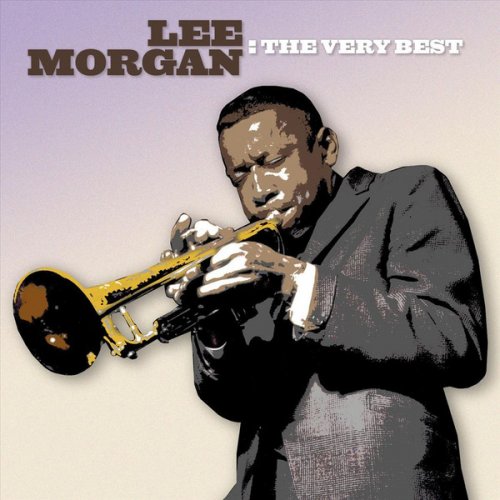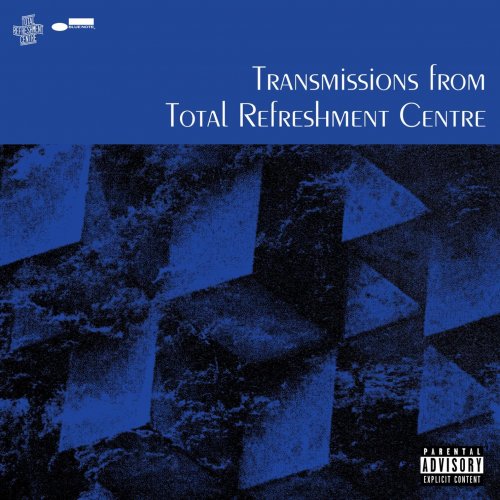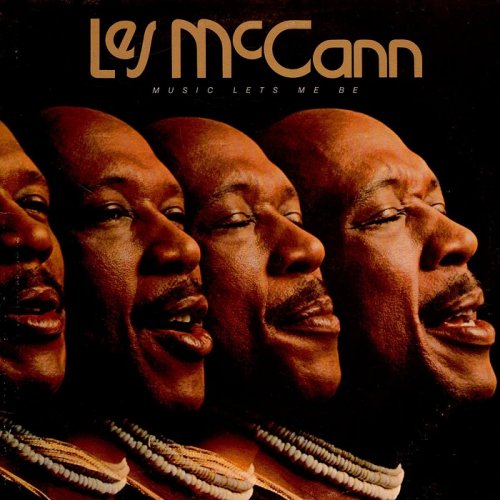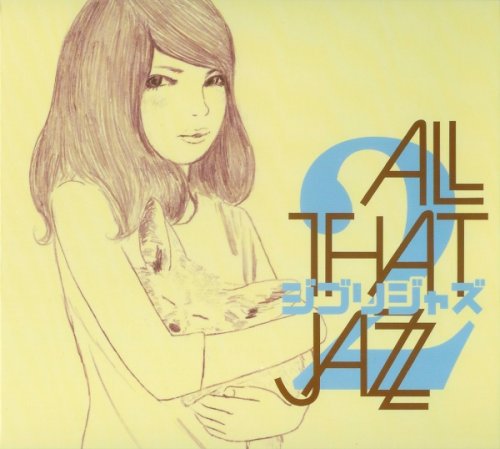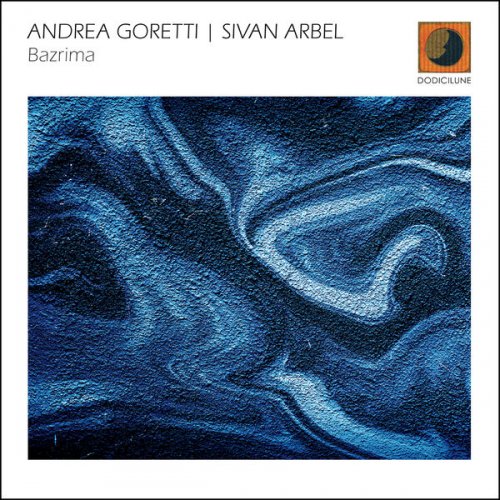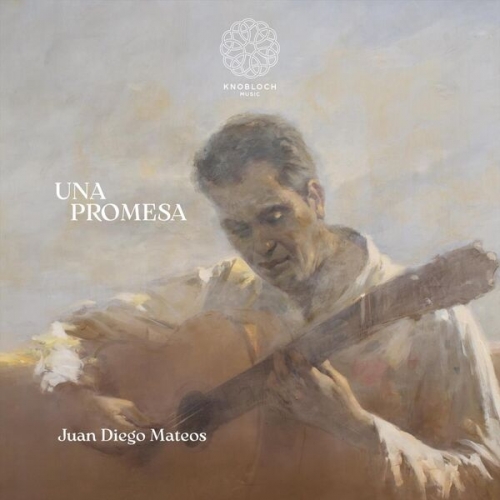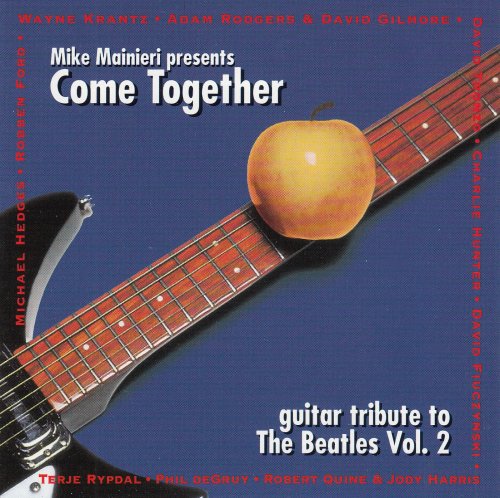Raft of Trash - Likeness on the Edge of Town (2020)
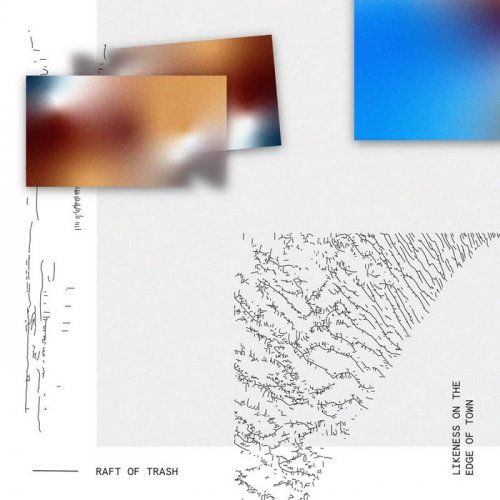
Artist: Raft of Trash
Title: Likeness on the Edge of Town
Year Of Release: 2020
Label: Warm Winters – WW 008
Genre: Ambient, Experimental
Quality: 16bit-44,1kHz FLAC
Total Time: 35:07
Total Size: 208 mb
WebSite: Album Preview
TracklistTitle: Likeness on the Edge of Town
Year Of Release: 2020
Label: Warm Winters – WW 008
Genre: Ambient, Experimental
Quality: 16bit-44,1kHz FLAC
Total Time: 35:07
Total Size: 208 mb
WebSite: Album Preview
1. A Simulated West (03:53)
2. Ozo's Zone (02:09)
3. Lunchtime At The Interspecies Cafe (02:45)
4. Mystical Digestion (01:12)
5. A Rented Horse (1996 Plates) (02:31)
6. Petroglyphic Currents (01:01)
7. Sans Sherif At The Painted Oasis (03:19)
8. Gecko's Theme (Night) (04:10)
9. Gecko's Theme (Morning) (03:05)
10. A Limitless Plain (04:06)
11. Likeness On The Edge Of Town (End Credits) (06:56)
Raft of Trash is a generative music project exploring the sounds of systems using the natural rhythms of environmental dialogue in the world-building game SimCity 3000. It is a collaboration between sound artists/musicians Andrew PM Hunt (aka Dialect) and JC Leisure, and designer Thom Isom.
Like the group’s early EPs, their debut album Likeness on the Edge of Town (presented as a poster in physical form) showcases the breadth of possibilities emerging from their unique process. Whilst playing SimCity 3000, the in-built sound effects of the game are converted and repurposed into MIDI data which is then fed to Hunt and Leisure's synths and samplers in real time. The resulting soundscape, imprinted with the dynamics of a simulated environment, is then augmented with live guitar, spoken word and field recordings to create an uncanny collage of wild synthesis, experimental narrative and bending, viscous guitar.
Inspired by Fluxus artist Alison Knowles, the spoken word passages sprinkled across the record act as part travel journal, part system theory field guide as “someone guiding you through the simulated desert landscape, and through some kind of inner journey”. Exploring for instance the connections between the irregularities we discover in our functioning bodies and the impact of environmental influences or describing the fullness of the reality of stopping at a truck stop, these passages are an illuminating exploration of the complexity of living systems and real-life situations. Subtle musical references to Americana and sounds sourced from the desert around Joshua Tree contribute to a journey-like mood throughout the record.
Musically, the record remains in largely abstract territory. Synths sprawl, crawl and fly above a sonic bed of creaks, ripples and bleeps; nothing is at it seems. This ambiguous relationship between the organic and the synthetic further highlights the themes explored by the group.

![Ovella Negra - Va de mescles! (2025) [Hi-Res] Ovella Negra - Va de mescles! (2025) [Hi-Res]](https://img.israbox.com/img/2026-01/27/hwawx1tigdrizj1uxrc0ytsm6.jpg)
